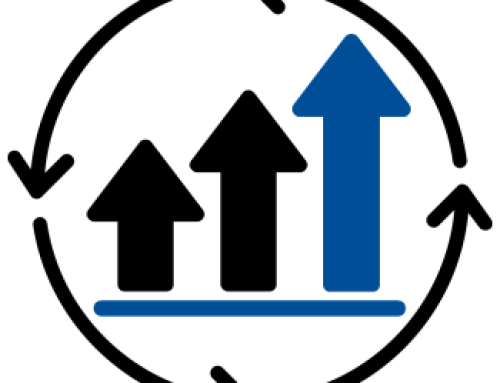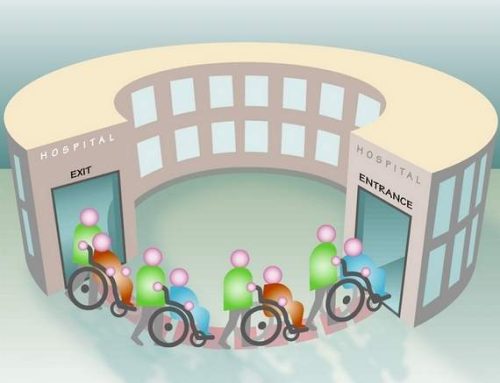Yesterdays post focused on improving profitability by decreasing no shows. We outline four main methods to reduced no shows immediately. Today I will discuss the importance of point of service (POS) collections. For many practices the proportion of POS payments has grown from 15-75% . These systematic POS collections often yield double-digit billing performance improvements. Payment collection performance can vary greatly depending on elapsed time between service and payment. Payment collection grows more difficult as perception of value decreases with service memory thus the importance of collecting at time of service.
Practices that do not employ a payment at time of service policy will spend many hours on unpaid invoices. When there is a POS policy that is working In-office collections reduce costs in the following ways:
1.Mailing out statements
2. improved collection rate
3. Improved cash flow
A successful POS collection policy includes the following:
1. Reminding patients about payment policies when they call to schedule helps them take financial responsibility
2. Be clear and strict about your policies – no co-pay, no visit
3. Allow hard-pressed patients to set up installment plans for more sizeable bills
Making Point of Service Payments Easy
1.Collect co-pay at check in. Make sure front office staff has any unpaid balance information so they can collect that amount as well.
2.More effective than sending statements. Sending statements actually cost $2 to 5 per statement. Thus if you have to send out two statements to collect at $10 to 20 co-payment it may cost the practice up to half of what it may ultimately collect.
3.Make sure office is able to accept all forms of payment –Check –Credit card –Cash
It is important to set organizational goals
1. Collecting balances is numbers oriented so setting quantifiable work goals helps produce results
2. Set both organization wide, and more specialized or individual staff goals
3. Set detailed goals for the process of collection
4. Award employees for meeting collection goals. Some companies give individual bonuses, and or practice wide bonuses.
A well done POS payment plan will lead to significant gains. I was working with a practice and they were not collecting copayments well. After a careful review it was determined that each month this practice was not collecting at least $20,000 per month. It was alarge high volume practice. The copayment for each patient was small, ” just a few dollars” so front office staff as well as management did not focus on the process. It is important to make sure all key processes are at peak performance as each builds on the other and all are needed to run an efficient profitable health care practice.






